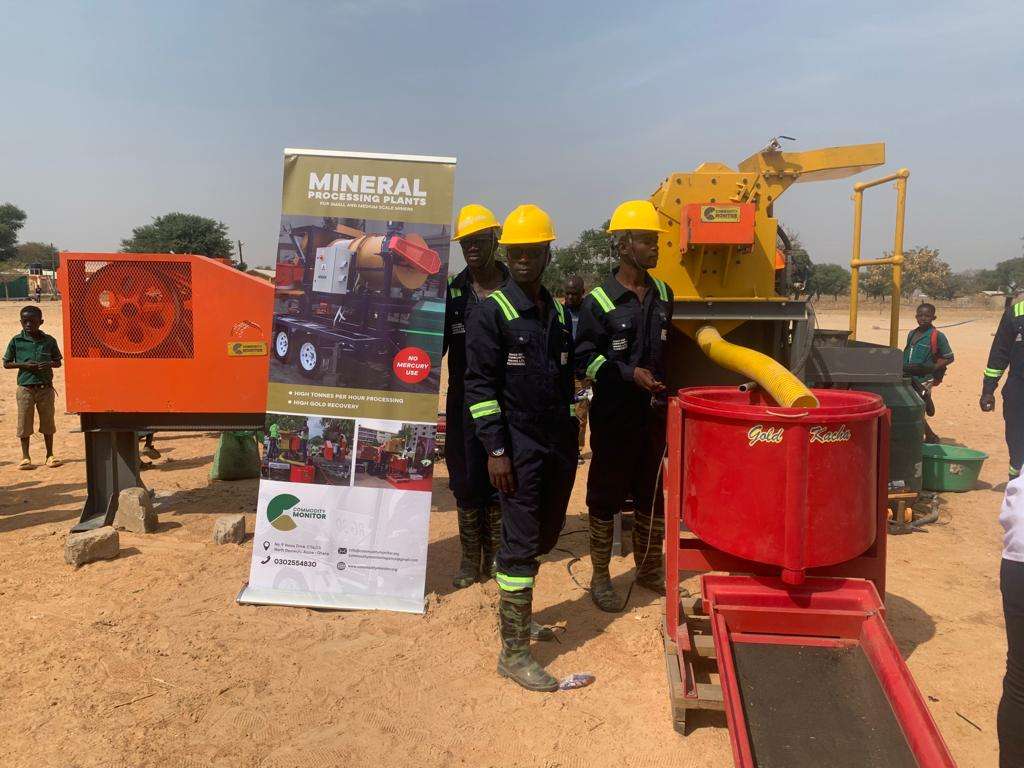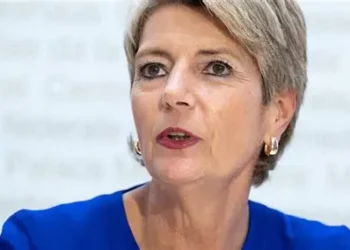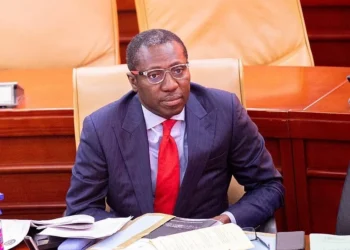The canker of galamsey has plagued Ghana for decades, creating a convoluted nexus between economic survival for some and environmental degradation for all.
The government’s previous efforts have been marred by accusations of corruption, weak enforcement, and a lack of political will, leading many to become skeptical of any new policy pronouncements.
In a renewed push to combat the pervasive issue of illegal small-scale mining, the Minister for Lands and Natural Resources, Hon. Samuel A. Jinapor, MP, along with key officials from his ministry, held crucial engagements with Regional Ministers across the country.
The discussions aimed to reassess and reinforce the government’s ongoing efforts to address the age-old problem of illegal mining, which has posed a significant threat to the environment, water bodies, and sustainable development in Ghana. Regional Ministers were mandated to intensify enforcement actions and crack down on illegal mining operations more decisively.
“The task before us is not just a fight against illegal mining; it is a fight for the future of our environment, our water bodies, and the sustainability of mining activities in this country,” Hon. Jinapor remarked. He stressed the need for each region to tailor its approach based on its unique challenges, while maintaining strict adherence to national policies.
During the meeting, a range of additional measures were adopted to enhance the government’s dual strategy for tackling galamsey—combining reformative actions with strict enforcement. This approach, the government believes, will help achieve long-term success in the fight against illegal mining, which has proven resistant to previous efforts.
With illegal small-scale mining often associated with environmental degradation, including the pollution of rivers and destruction of farmlands, the minister emphasized the government’s unwavering commitment to preserving the nation’s natural resources.
“This is a national effort that requires cooperation at all levels of government and society,” Hon. Jinapor added.
REGSEC, which includes representatives from the Ghana Police Service, military, and other security agencies, was urged to bolster its operations in curbing the illegal activities.
The councils were tasked with conducting intelligence-driven operations, targeting known hotspots for illegal mining activities, and ensuring that offenders are prosecuted to the fullest extent of the law.
Expanding Responsible Community Mining Schemes

In addition to the enforcement strategy, the government is also placing significant focus on reformative measures aimed at transforming small-scale mining into a responsible and legal activity.
The Minerals Commission, the regulatory body responsible for mining in the country, will spearhead efforts to expand the establishment of responsible community mining schemes.
These schemes are designed to provide legitimate avenues for communities to engage in mining activities while adhering to environmental preservation standards.
“Community mining schemes will help shift illegal miners into formal operations where they can mine responsibly, in compliance with legal and environmental requirements,” stated Hon. Jinapor. He also underscored that such reforms are essential for the long-term sustainability of the nation’s natural resources.
The move to bolster community mining schemes comes in recognition of the economic role small-scale mining plays in many rural areas. However, Hon. Jinapor emphasized that economic benefits must not come at the expense of environmental degradation or illegal practices.
The issue of galamsey has long been a topic of heated public debate, often marked by political undertones.
“While government warmly welcomes the heightened interest in this all-important national issue, we urge the discourse to be devoid of partisanship. This will enable us to galvanize the needed national and collective support to root out this canker.”
Hon. Samuel A. Jinapor, MP, Minister for Lands and Natural Resources
He reiterated the government’s commitment to restoring order and ensuring that mining activities are conducted sustainably and legally, with the national interest as the guiding principle.
Ghana’s water bodies, including key rivers like the Ankobra, Pra, and Birim, have been severely polluted by galamsey operations, leading to water shortages and health hazards for communities. The destruction of farmlands and forests has also threatened food security and biodiversity.
“We entreat all and sundry to support these efforts to protect our environment, preserve our water bodies, and ensure a sustainable future,” Hon. Jinapor appealed.
As part of the new measures, the government has pledged to continue prioritizing environmental restoration efforts, including the reclamation of degraded lands.
READ ALSO: Lammy Slams Russia’s Actions In Ukraine



















